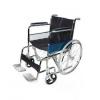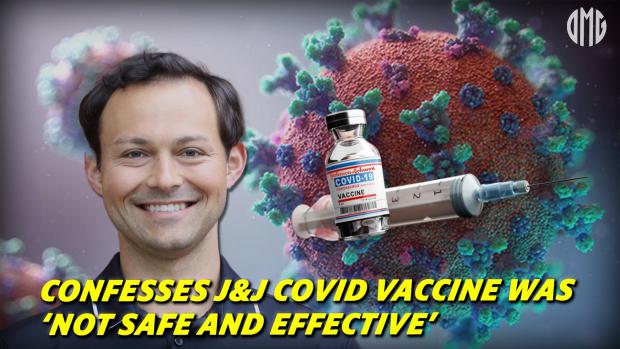
Breaking News
 Maurene Comey Lashes Out at Trump in Message to DOJ Colleagues After Firing
Maurene Comey Lashes Out at Trump in Message to DOJ Colleagues After Firing
 DOJ Fires James Comey's Daughter, Who Handled Epstein And Maxwell Cases
DOJ Fires James Comey's Daughter, Who Handled Epstein And Maxwell Cases
 Ghislaine 'Ready' To Testify As Trump Triples Down, Slams 'Weakling PAST Supporters...
Ghislaine 'Ready' To Testify As Trump Triples Down, Slams 'Weakling PAST Supporters...
 Is the Price of Silver About to Go Vertical? Mike Maloney & Alan Hibbard
Is the Price of Silver About to Go Vertical? Mike Maloney & Alan Hibbard
Top Tech News
Magic mushrooms may hold the secret to longevity: Psilocybin extends lifespan by 57%...
 Unitree G1 vs Boston Dynamics Atlas vs Optimus Gen 2 Robot– Who Wins?
Unitree G1 vs Boston Dynamics Atlas vs Optimus Gen 2 Robot– Who Wins?
 LFP Battery Fire Safety: What You NEED to Know
LFP Battery Fire Safety: What You NEED to Know
 Final Summer Solar Panel Test: Bifacial Optimization. Save Money w/ These Results!
Final Summer Solar Panel Test: Bifacial Optimization. Save Money w/ These Results!
 MEDICAL MIRACLE IN JAPAN: Paralyzed Man Stands Again After Revolutionary Stem Cell Treatment!
MEDICAL MIRACLE IN JAPAN: Paralyzed Man Stands Again After Revolutionary Stem Cell Treatment!
 Insulator Becomes Conducting Semiconductor And Could Make Superelastic Silicone Solar Panels
Insulator Becomes Conducting Semiconductor And Could Make Superelastic Silicone Solar Panels
 Slate Truck's Under $20,000 Price Tag Just Became A Political Casualty
Slate Truck's Under $20,000 Price Tag Just Became A Political Casualty
 Wisdom Teeth Contain Unique Stem Cell That Can Form Cartilage, Neurons, and Heart Tissue
Wisdom Teeth Contain Unique Stem Cell That Can Form Cartilage, Neurons, and Heart Tissue
 Hay fever breakthrough: 'Molecular shield' blocks allergy trigger at the site
Hay fever breakthrough: 'Molecular shield' blocks allergy trigger at the site
BREAKING: Johnson & Johnson Lead Scientist Confesses J&J COVID-19 Vaccine Was 'Not Safe

"We didn't do the typical tests," said Joshua Rys, a Lead Scientist in Regulatory Affairs for Johnson & Johnson (J&J), revealed on hidden camera that the typical clinical process was abandoned for the COVID-19 vaccine, knowingly bypassing standard testing protocols under pressure from the U.S. government and public demand. He added, "This was just, 'let's test it on some lab models… and just throw it to the wind and see what happens.'"
He acknowledged that the public wasn't informed about the shortcuts, asking, "Do you have any idea the lack of research that was done on those products?" Rys claimed, "People wanted it, we gave it to them."
While public officials claimed the vaccines were "safe and effective," Rys pushed back. "There's no proof. None of that stuff was safe and effective," he said, adding that the industry relies on a benefit-risk tradeoff to justify product launches.
Rys also pointed to government pressure through Operation Warp Speed. "The government is like, 'We need help… You're solving this problem,'" he said. "People panic, so they try to solve it in whatever way they think is good."
According to a U.S. Department of Health and Human Services (HHS) spokesperson, "Even during a public health emergency, pharmaceutical companies are still required to follow strict protocols for clinical testing. For emergency use, companies must show that the benefits clearly outweigh the risks. Oversight doesn't stop at approval — the FDA and other agencies also monitor products closely once they're in use. That includes real-world safety tracking, independent advisory committees, and required reporting of any adverse events. These steps are in place to make sure public health decisions are based on solid science and strong safeguards — especially in emergencies.

 AI Getting Better at Medical Diagnosis
AI Getting Better at Medical Diagnosis

